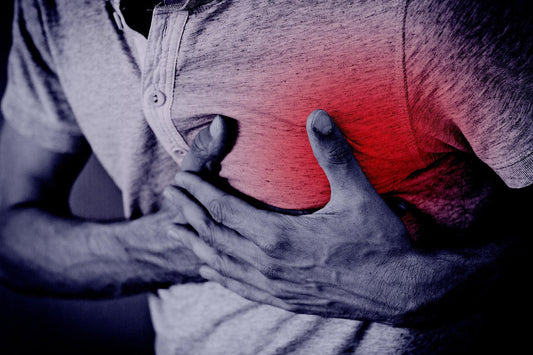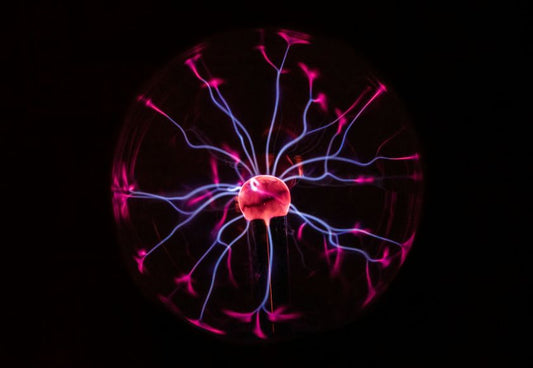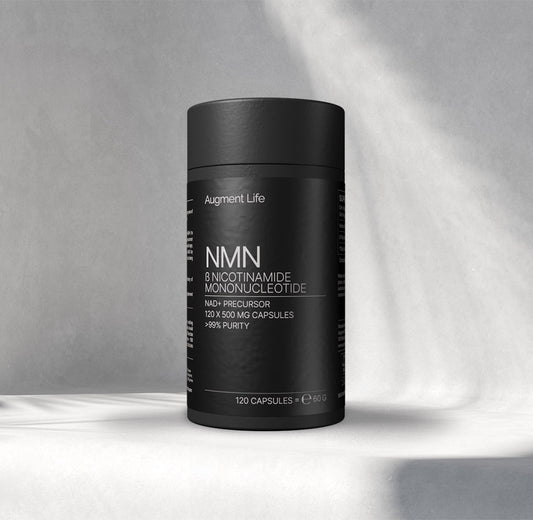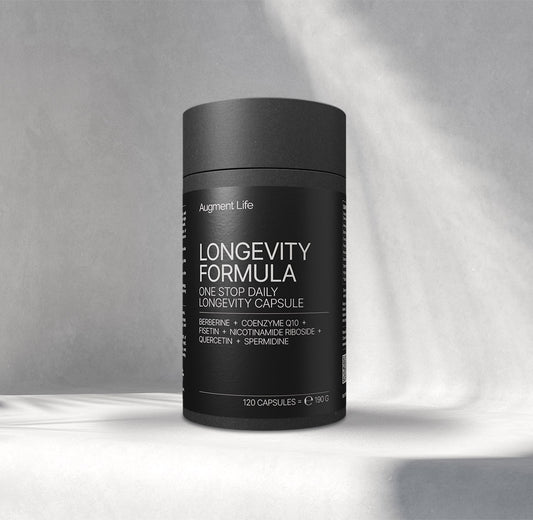Resveratrol is a polyphenolic compound that is found in plants, some of which are used for medicine. It was first isolated from red grapes in Japan in 1939. Resveratrol has been shown to have many health benefits including anti-aging, cholesterol control and heart disease protection.1
- The unique Resveratrol molecule is produced by fruits, plants and herbs when under attack from bacteria, fungi or other environmental stressors.
- Resveratrol is a natural compound that is produced in plants. It can be found in the skin of grapes and in the roots of Japanese Knotweed, which produce resveratrol as a response to stress.
- Resveratrol is found in foods such as grapes (including grape extract appearing in red wine), peanuts, blueberries, cranberries and dark chocolate. It's also present in plants like Japanese Knotweed (Polygonum cuspidatum).
The main reason why eating these foods can help improve your health is because of the Resveratrol content. Resveratrol supplements are another option to get your daily recommended dose of this amazing nutrient!
- Japanese Knotweed (Polygonum cuspidatum) has been used for centuries for its health benefits. In fact, the root of this plant was used by Native Americans to treat wounds and infections.
- Japanese knotweed grows in the wild in many countries, including Canada and the United States. It is a perennial herb that can grow as tall as 6 feet tall with stems that are hollow and purplish red when young but turns green later on in life.
- Resveratrol is found in many of the foods you eat every day. Foods that are high in resveratrol include:
- Red wine
- Berries (especially cranberries)
- Wine grapes and grape juice
- Black grapes, raisins and currants (the same category as blueberries)2
Conclusion
Resveratrol is an antioxidant found in foods such as grapes, peanuts and blueberries. Resveratrol has many health benefits including anti-aging properties, improved blood flow through your body and reduced inflammation levels. This means that if you want to live a long healthy life with less stress then make sure to add more resveratrol rich foods into your diet!
Sources
1. https://www.webmd.com/vitamins/ai/ingredientmono-307/resveratrol
2. https://www.mayoclinic.org/diseases-conditions/heart-disease/in-depth/red-wine/art-20048281








